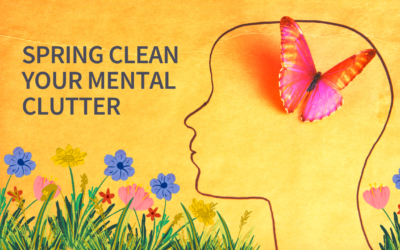 Lurking in the basement or crawl space is a dusty old box filled with dusty old information that you paid way too much for when you were in college.
Lurking in the basement or crawl space is a dusty old box filled with dusty old information that you paid way too much for when you were in college.
That musty bin holds rows of hardbound books titled, “Essentials of . . .” or “Principles of . . .” that cost $120 each–and that was the used copy!
Yes, it was a racket.
Maybe if the title had been Essentials of How to Start a Money-Making Racket you would be swimming in wealth instead of wondering if you should keep this bound book of outdated facts.
Before you linger in indecision much longer, here’s the short answer: stop storing these textbooks.
If textbooks are more than five years old, they are out of date. Textbooks are generally updated every three years or so, so five years gives you a little buffer.
No, you aren’t going to refer to the lines you highlighted in fluorescent yellow, pink, or green (just to stay awake) to help you in your current profession.
No, the kids in Africa don’t want a geography book that discusses the U.S.S.R., or a history book that ends with President Bush (either one). Even if you think your subject matter is evergreen, it is not.
I’m sorry to be the one to break it to you, but you have a case of the “I-spent-too-muchsies.”
This condition is not solved by shipping the books in a suitcase with your church’s next mission trip to Haiti.
Yes, you could paper-mâché the pages onto a dresser and win “most creative person in your coffee klatch” award. Sure, you might saddle your local grade school with the complete set of 1975 World Book Encyclopedias in case they need art project images. And didn’t you once see a cute nightstand made from books? That would be clever, although it wouldn’t match your décor.
At some point, you must realize how hard you are trying. Too hard, in fact.
Please understand that I understand there are creative things you can do with old textbooks.
I just don’t think you will follow through with doing them.
It’s not that you are incapable, it’s more that you hold other activities as a higher priority. And that’s okay.
Every object has a life cycle.
The life cycle of a textbook is to educate you (and perhaps others) within that five-year textbook range.
There are two steps to ending the indecision. The first is to express gratitude for how the textbooks aided your learning. The second is to realize that information can be easily found again.
Believe me, I’m thankful that as a young student in a Lutheran grade school, I could look up a photo of Michelangelo’s David in the Encyclopedia and snicker about the stone leaf covering his privates. (Hey, it’s not my fault I was sheltered.) Those Encyclopedia Britannica’s are out because of, um . . . internet.
In rare cases, old textbooks in excellent condition might–I repeat, might—be of value to a college archive or a business. I once brought a client’s engineering textbooks to an engineering firm to use as decoration. There’s a beauty salon nearby that has old books as décor with other antiques.
You can try to do some legwork on books that look cool. However, 99% of old textbooks are not worth this extra effort.
Recycle it.
Your college psych textbook probably just needs the recycling treatment. Check out the full scoop on recycling here: https://earth911.com/recycling-guide/how-to-recycle-books-magazines/
The gist of it is that paper cover books can be recycled as is, hardcover books must have the pages torn out of them, and nasty wet and moldy books go into the trash.
Sometimes indecision is caused by a perceived set of rules about what you are supposed to do with items that cost a lot. I invite you to consider, instead, whether the object has completed its life cycle for you.
As you engage in new ways of thinking of your relationship with things, it is really helpful to have a guide. Find out how I can help you with a free conversation: https://schedulewithKateVarness.as.me/strategycall
May all your decisions be easy,

Kate Varness, CPO-CD, COC, MA, Green Light Organizing and Coaching




